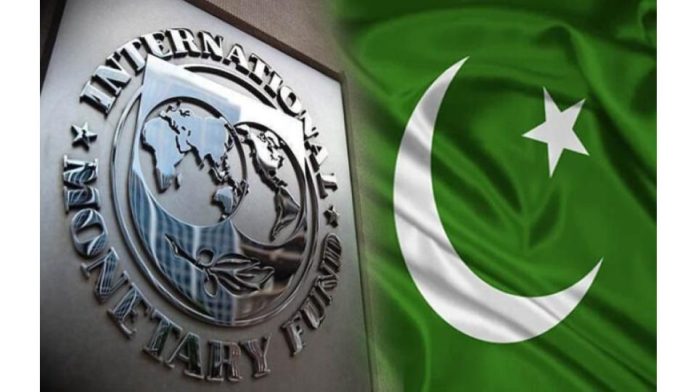The International Monetary Fund (IMF) announced on Wednesday that it has reached a staff-level agreement with the government. Pakistan met targets set by the International Monetary Fund for the next payout under a $3 billion bailout package, This pact grants Pakistan access to approximately $700 million IMF payout in funding, pending approval from the IMF’s executive board.
These loans play a pivotal role in preventing Pakistan from defaulting on its debt amidst dwindling foreign-exchange reserves and currency devaluation. The government has initiated corrective measures to rectify economic imbalances, including adjustments in gas prices and crackdowns on illegal dollar trading.
The $700 million IMF payout agreement marks a significant boost for Pakistan’s caretaker government, helmed by Prime Minister Anwaar-ul-Haq Kakar. He has been actively seeking $6.3 billion in loans from institutions like the World Bank, Asian Development Bank, and Islamic Development Bank, along with approximately $10 billion in bilateral funding from creditor nations.
IMF asks to increase tax collection
IMF Managing Director Kristalina Georgieva commended Pakistan’s commitment to adhering to the IMF program. However, the IMF’s statement cautioned about Pakistan’s vulnerability to substantial external risks, despite a nascent economic recovery.
Under the IMF program’s stipulations, Pakistan must elevate tax revenue, maintain fiscal discipline, and bolster reserves. The subsequent IMF review is slated for February, coinciding with Pakistan’s scheduled elections.
Earlier discussions led by Christina Georgieva, head of the IMF, acknowledged Pakistan’s steadfast adherence to the economic program amid challenging circumstances. However, she reiterated concerns about Pakistan’s meager tax collection, merely constituting 12% of the GDP. The IMF has proposed a 15% tax increase to mitigate this critical shortfall.

